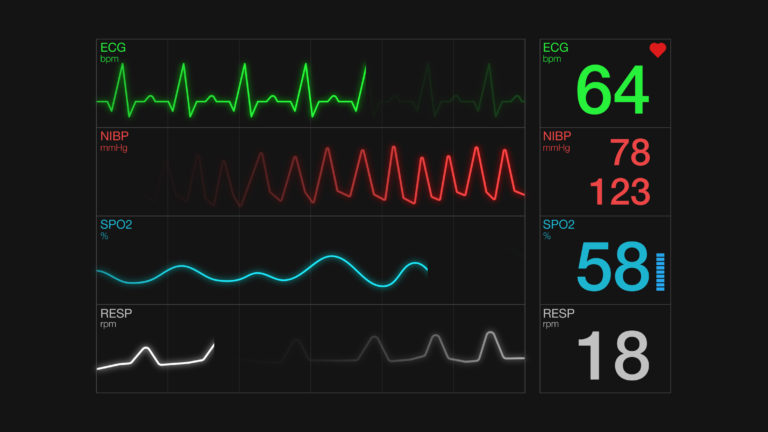Genes & Cancer | Splice modulating oligomers as cancer therapeutics
Genes & Cancer, News
October 14, 2022PRESS RELEASE: A new editorial paper was published in Genes & Cancer on August 26, 2022, entitled, “Splice modulating oligomers as cancer therapeutics.”
BUFFALO, NY- October 14, 2022 – A new editorial paper was published in Genes & Cancer on August 26, 2022, entitled, “Splice modulating oligomers as cancer therapeutics.”
Genes are transcribed to produce pre-mRNAs, which are then spliced to create the mature mRNAs translated into protein. In recent years, improved deep sequencing technologies have shown that greater than 90% of human pre-mRNAs undergo alternative splicing, thereby amplifying the potential protein products from each gene. Alternatively spliced forms of pre-mRNA may code for proteins with related, distinct, or even opposing functions.
Many growth factor and hormone receptors and signaling molecules implicated in cancer have natural splice variants, some of which have been shown to act as dominant negatives. By binding to specific intronic or exonic regions or intron-exon junctions, splice modulating oligomers, which are cDNA sequences, can alter the outcome of splicing.
In the current editorial, researchers KuanHui E. Chen and Ameae M. Walker from University of California Riverside discussed their hypothesis that, by altering splicing to decrease growth-promoting and/or increase expression of dominant negative varieties, they could eliminate abnormal dependence on growth factors, decrease metastatic potential, and promote cancer cell death. As their proof of principle, the researchers applied splice modulating DNA oligomers to knockdown the proliferation-promoting and antiapoptotic long isoform of the prolactin receptor (LFPRLR), while still allowing signaling from the short, differentiation-promoting and pro-apoptotic forms.
“To our knowledge, no one had previously tapped the potential of splice modulating oligomers to increase the relative activity of natural dominant negatives in order to combat disease.”
Read the full editorial: DOI: https://doi.org/10.18632/genesandcancer.222
Correspondence: Ameae M. Walker – Email: Ameae.walker@ucr.edu
Keywords: prolactin receptors; T regulatory cells; tumor microenvironment; receptor isoforms; dominant negatives
About Genes & Cancer: Genes & Cancer covers all aspects of the structure and function of oncogenes, growth suppressor and apoptotic genes, their role in signal transduction and the mechanisms by which their expression and function are altered during tumor development. In addition to publishing manuscripts that directly relate to these areas of research, Genes & Cancer also aims to attract papers in the areas of genomics, drug development and systems biology.
To learn more about Genes & Cancer, visit www.genesandcancer.com and connect with us on social media:
For media inquiries, please contact: media@impactjournals.com.

